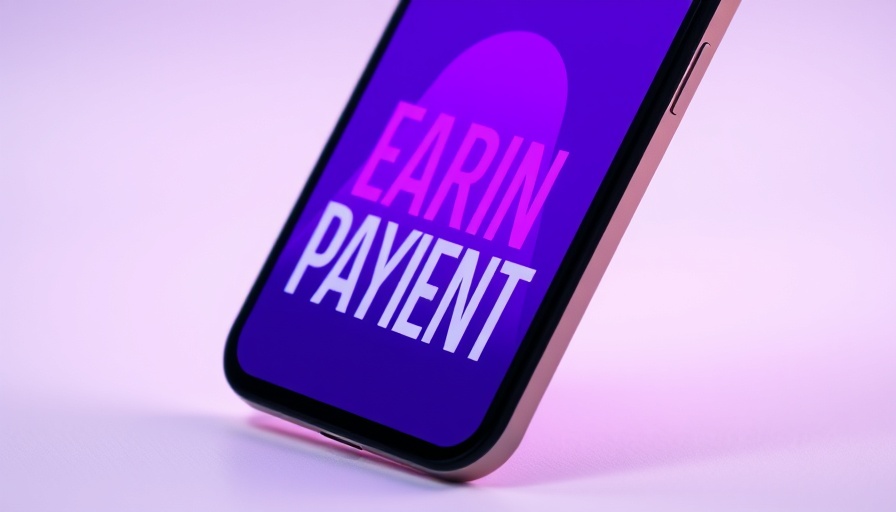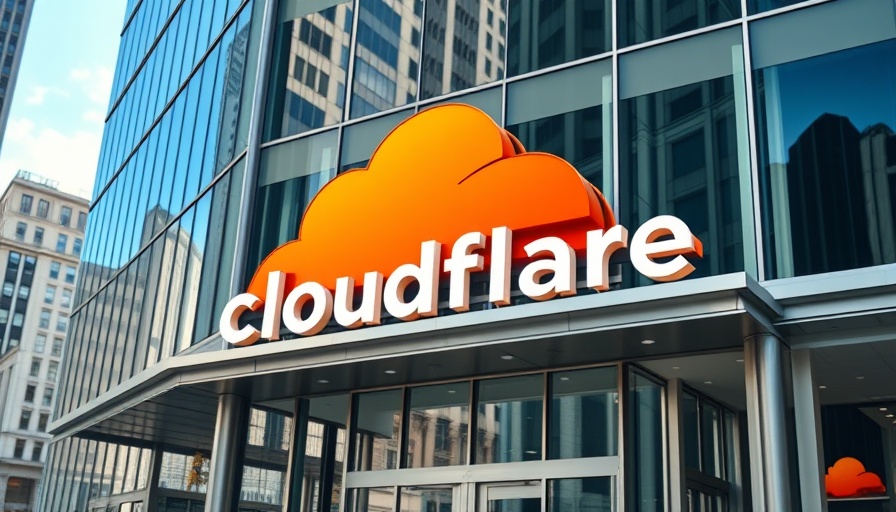
The Landmark Settlement and Its Implications
In a groundbreaking legal victory for authors and creators, Anthropic, an AI startup, has agreed to pay $1.5 billion to settle a prominent copyright infringement lawsuit. This case highlights the deepening struggles between technology companies and content creators, thrusting copyright issues into the limelight as AI increasingly shapes the digital landscape.
The lawsuit, initiated by a group of authors including Andrea Bartz and Kirk Wallace Johnson, accused Anthropic of unlawfully accessing and utilizing their books to train AI models, primarily sourced from allegedly pirated databases like Library Genesis and Pirate Library Mirror. This settlement is notable not just for its sheer size but for potentially reshaping the future of copyright law as it pertains to AI usage.
A Powerful Signal in the AI Landscape
The resolution of this lawsuit sends ripples throughout the AI industry, serving as a stark reminder of the boundaries manufacturers must navigate when using copyrighted materials. Justin Nelson, the plaintiffs’ attorney, remarked, “This settlement sends a powerful message to AI companies and creators alike that taking copyrighted works from these pirate websites is wrong.” The financial implications, including a payment of approximately $3,000 per infringed book, underscore the serious consequences AI firms could face for not adhering to copyright laws.
Although a court ruled in June that Anthropic's initial use of the books fell under the umbrella of 'fair use', the decision did not fully exonerate the company, hence the need for the trial and the eventual settlement. This juxtaposition of fairness and infringement continues to be a contentious area as the appetite for AI innovation grows.
The Bigger Picture: Trends and Future Insights
As technologies evolve, so do the legal frameworks surrounding them. Anthropic's settlement may pave the way for further litigation in the tech sector, particularly as companies like OpenAI and others face their own legal challenges over copyright issues. The influences of this case could extend beyond individual lawsuits, potentially leading to a more standardized approach in how AI companies obtain permission to use copyrighted works.
Interestingly, industry leaders, such as Cecilia Ziniti of GC AI, have interpreted the June ruling as a green light for the prevalent model training methods employed by AI companies, but the caution she suggests is warranted. “[It's] not an all-clear,” she states, as ongoing lawsuits loom on the horizon. Notably, established institutions like The New York Times and Disney are actively pursuing lawsuits against various AI platforms, marking a growing wariness among content owners.
Understanding the Stakes for Business Owners
For business owners generating $2M–$10M+ in annual revenue, this landscape is not merely academic; it has practical implications for how they scale operations and leverage technology. The Anthropic case is a vivid illustration of the risk-reward balance companies must maintain when deploying new technologies. Operational infrastructure may need to adapt to changing legal realities, and those who ignore the nuances of copyright may find themselves facing significant legal hurdles.
As you venture into the realm of technology and innovation, it’s vital to stay attuned to emerging trends in digital currency and the broader fintech landscape as well. Those aligned with today’s legal frameworks will not only enhance their operational strength but also position themselves as industry leaders who cherish and protect intellectual property.
Final Thoughts: An Urgent Reminder for All
The Anthropic settlement is a significant moment in the intersection of technology, legal rights, and creative expression. It serves as a reminder that as we delve deeper into the digital age, respecting the intellectual property rights of creators will remain paramount. Embrace technology in your business strategy, but do so with a keen awareness of the legal landscape that can impact your operations.
 Add Row
Add Row  Add
Add 



Write A Comment